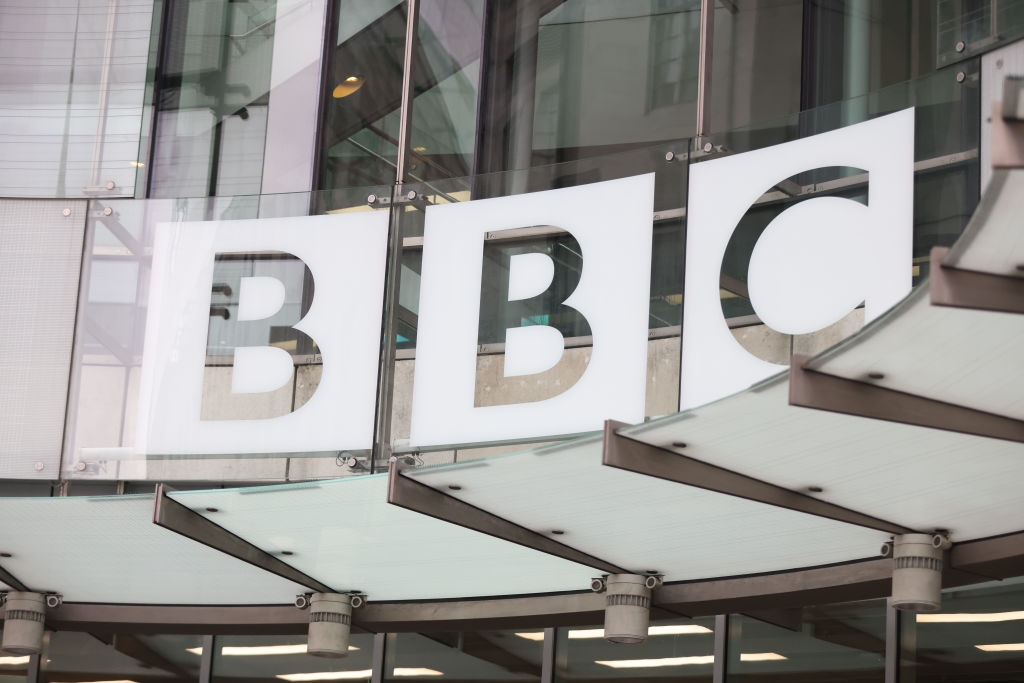- Monday, February 24, 2025
The corporation has revealed its plan to establish an independent Indian-owned company named the Collective Newsroom which will produce content for the BBC’s six regional channels broadcasting in Indian languages.

By: Shubham Ghosh
FOLLOWING raids by India’s tax authorities last year, the BBC has decided to divide its operations in India into two separate entities.
The corporation has revealed its plan to establish an independent Indian-owned company named the Collective Newsroom which will be responsible for producing content for the BBC’s six regional channels broadcasting in Indian languages such as Hindi and Punjabi, The Guardian reported.
Although the BBC has applied for a 26 per cent stake in Collective Newsroom, the company will operate with significant autonomy from the broadcaster. The move is aimed at adhering to stringent regulations introduced by the Narendra Modi government, which target companies getting foreign funds.
Read: BBC India implements restructuring, establishes new entity to align with FDI rules
A reduced team comprising reporters and producers will continue to create content for the BBC’s English-language radio and television news channels and digital news for the website, all based in the UK, from India — working for the broadcaster.
In the revamped arrangement, four ex-BBC staffers have established the private, Indian-owned company tasked with generating content for the BBC’s six regional language channels and its YouTube channel. The company will hire around 200 personnel who were previously employed directly by the BBC in India, mainly for its regional news channels.
Read: BBC ‘acknowledges’ it paid lower taxes in India: report
Collective Newsroom will have the capability to produce content for other Indian broadcasters as well. However, it remains uncertain whether it will be required to adhere to the same standards of impartiality that apply to all BBC programming.
Rupa Jha, the chief executive of Collective Newsroom, characterized the new venture as an “independent news organisation that leads with the facts, works in the public interest and hears from diverse voices and perspectives”, The Guardian report added.
She emphasized their “clear and ambitious mission to deliver the most credible, innovative, and fearless journalism”.
The significant restructuring of operations by the British public broadcaster follows the 2023 raid on the BBC offices in India by the country’s tax authorities, which spanned several days.
The raids, which the Indian government defined as a “tax survey”, took place after the BBC aired a documentary showing Modi’s role in the communal riots in the western state of Gujarat in the early 2000s, when he was its chief minister.
The Indian government criticized the documentary and took action by invoking emergency laws to prohibit the sharing of any clips or footage from the documentary, despite its broadcast only occurring in the UK.
Soon, dozens of income-tax officials reached the BBC’s offices in Delhi and Mumbai and some senior members of staff of the company were quizzed for three days.
New Delhi denied that the raids were connected to the documentary and rather were part of a probe into the BBC flouting the country’s strict foreign investment rules, accusing it of not revealing profits fully.
The government denied the raids were connected to the documentary, and were part of an investigation into the BBC violating India’s strict rules on foreign investment, accusing them of not fully disclosing profits.